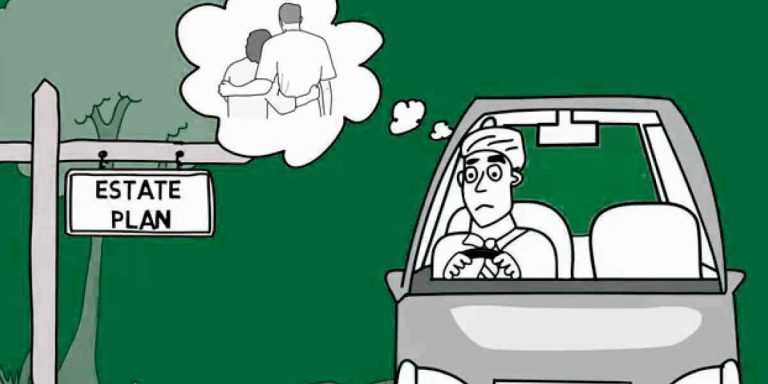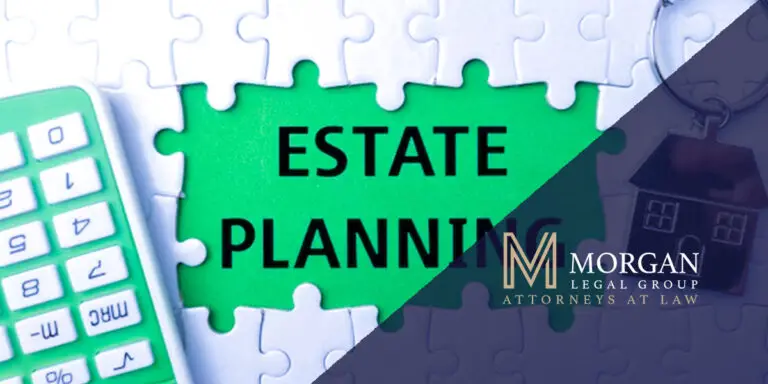Reasons to Create an Estate Plan
To make sure your assets go to the right beneficiaries
Without an estate plan, your assets may be funneled through the probate process, which means that you won’t be assured that your boat went to your son or that your daughter was given the money she needed to attend a university or any other desires of choice.
To plan for your healthcare at the end of your life
Estate plans can do more than just distribute your assets at the end of your life. They can also provide for your end-of-life care with a healthcare proxy or a healthcare power of attorney. These documents establish your decisions about your end-of-life treatment preferences should you be unable to make these decisions on your own or express your wishes.
To plan for the future of your financial investments and accounts
If you have certain investment ventures or accounts that you want to continue after your death, an estate plan can help. You can designate a family member, friend, or professional to take control of these accounts and manage them on your behalf.
To arrange trusts
When you prepare your estate for your passing, you have the choice to decide between trusts and wills or a combination of both. Trusts are accounts that contain your assets to be distributed to your beneficiaries by trustees.
To designate an executor
An executor is the individual who is required to carry out the desires of a decedent as written in the decedent’s will.
To protect assets
If you pass away in debt, creditors may try to come after your assets and use them to repay some of the debts that you have accumulated. Our team can help you arrange for asset protection through a variety of different asset protection trusts or offshore trusts. Taking such precautions can make sure that your family won’t lose possessions in a creditor attack.
Estate Planning Excuses
Although this last category arguably produces the best results for clients, it is sadly the least common. So why do most people delay in creating a thoughtful plan or fail to regularly review the plan that they have? I hear many justifications from clients or would-be clients for postponing the creation of an estate plan or neglecting its review.
1. I do not have much, and my family knows what I want to happen to my assets.
If you don’t have an estate plan, the state where you reside at your death has a plan for you. Every state has default legal rules for administering the estate of a person who has made no other plans. If you are married, these rules of “intestate succession” generally pass all, or most, of your assets to your surviving spouse, provided that your children are also your spouse’s children. If you are not married and have no children, then your parents may receive your estate. This can disrupt any benefits planning or other estate or disability planning that they may have undertaken. If your parents are no longer living, then your brothers or sisters, nieces and nephews are generally next in the line of succession in most states.
2. Consulting with an attorney will cost money that I would rather give to my family, spend now or invest for the future.
Whether you’re planning ahead for your own heirs or have been asked to serve as executor for someone else, it pays to understand what the role requires. The executor shoulders the fiduciary responsibility to keep track of all assets and debts for the deceased person and executes the instructions in the will for disposing the assets. Claims against the estate could become the executor’s personal responsibility if funds aren’t handled correctly.
3. I don’t care what happens to my assets because I’ll be dead.
Your estate plan is not limited to the transfer of assets at your death. Revocable living trusts are a valuable estate planning tool that can provide protection if you are ever unable to pay your bills and manage your affairs due the natural aging process, illness or an accident. It is quite common for a person to serve as trustee of her fully revocable trust tending to her own affairs in the same way she does now. If the creator of the trust were no longer able to manage her accounts and pay bills, a family member, a trusted adviser or a bank or trust company can serve separately or collectively to continue those necessary tasks without interruption. Without any planning, it may be necessary to incur the time and expense of asking a court to appoint a person to accept this responsibility. A trust also allows for the efficient distribution of your assets following your death, either outright or in further trust for your heirs, without incurring the time and expense of any court involvement.
4. I will never die, and I will always be mentally sharp.
Most people are too busy enjoying their lives to think about the possibility of losing their physical or mental capacity or their eventual demise. This is understandable, but it ignores the inevitable. Most attorneys and financial advisers welcome a conversation about planning techniques to ease any future hardship on you and your family that may be caused by your death or disability. You should have that conversation sooner rather than later, because you’re worth it, and so are your loved ones.
Get help
If you would like to learn more about the necessity of estate planning, any one of our estate planning attorneys would be happy to assist you.






